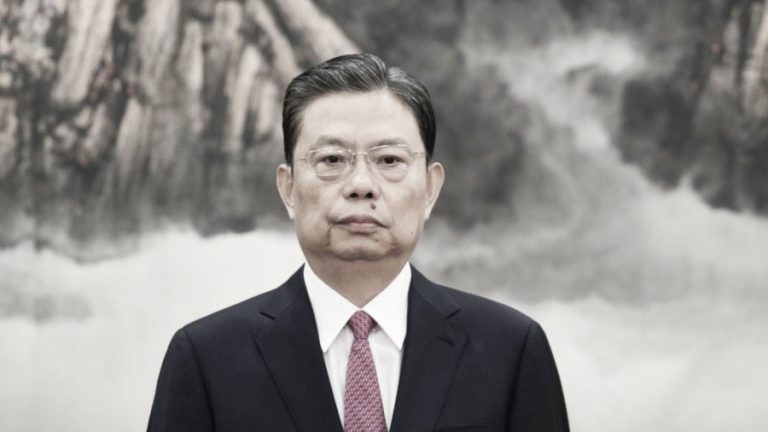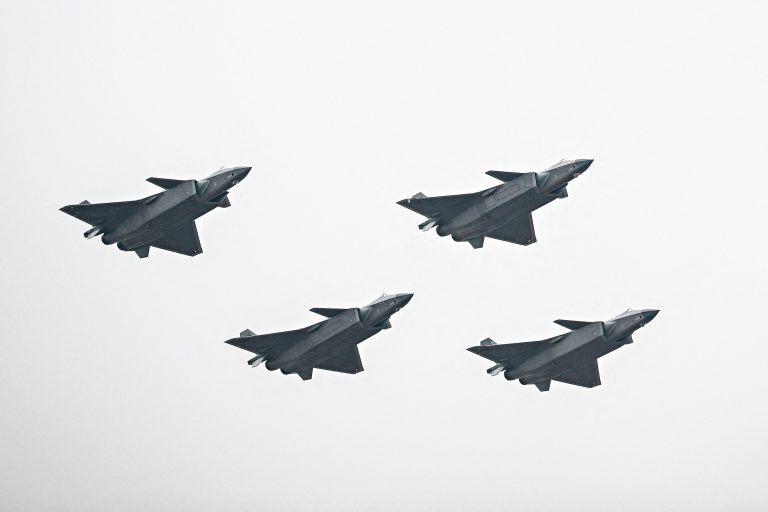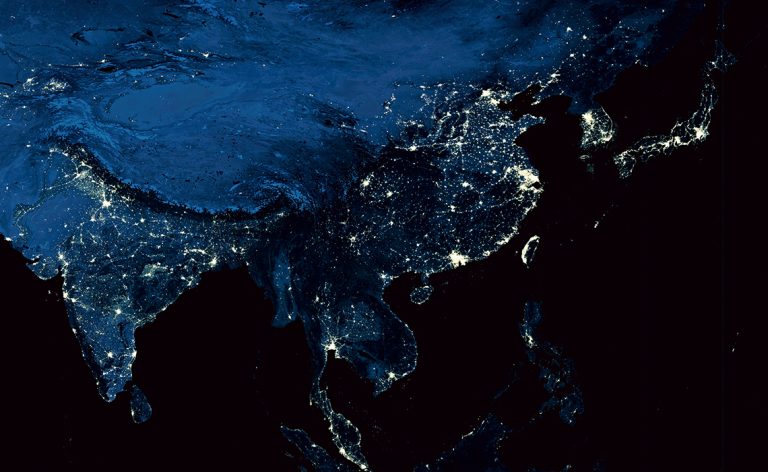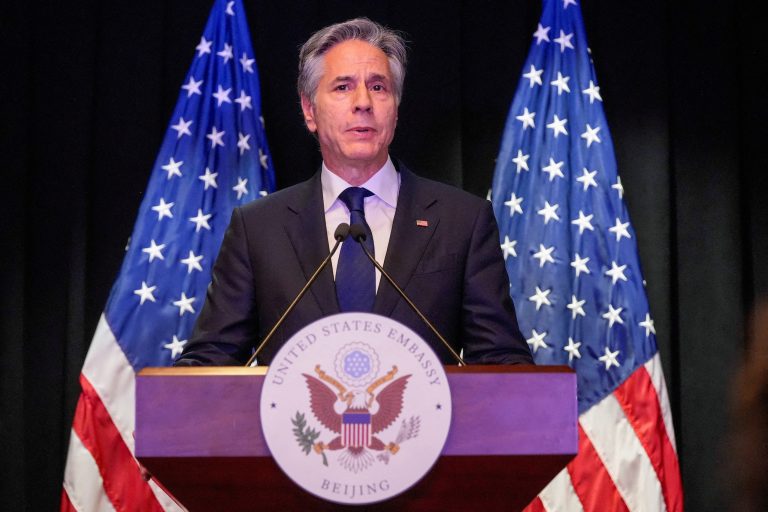The Chinese Communist Party’s (CCP) third-ranked senior official, Zhao Leji, was a no-show at an important central leadership meeting held recently, prompting speculation about his health amid the massive resurgence of COVID-19 that has been ripping across China.
On Dec. 23 and Dec. 24 (Friday and Saturday), the Party convened its annual central rural work conference. CCP General Secretary Xi Jinping delivered an “important speech” at the conference, according to state media.
“Li Keqiang presided over the conference. Li Qiang, Wang Huning, Han Zheng, Cai Qi and Ding Xuexiang attended the conference,” a report by China Daily, an English-language Party mouthpiece reads.
With the exception of Li Keqiang, the outgoing premier of China, and Han Zheng, Xi and the other four listed are members of the seven-man CCP Politburo Standing Committee (PbSC) — the highest leaders in the regime. Li Keqiang and Han Zheng recently retired from the committee at the 20th Party Congress October.
Zhao, who gained a second-five-year term on the PbSC, was absent from the rural work conference despite indications that he ought to have been present.
Success
You are now signed up for our newsletter
Success
Check your email to complete sign up
A subpage on the state-run China Central Television (CCTV) website titled “collected video of Zhao Leji” includes the rural work conference as its latest item, dated Dec. 24, which suggests that Zhao was scheduled to attend the meeting.
The last meeting Zhao attended was on Dec. 18, according to the CCTV site.

The 65-year-old Zhao became a PbSC member in 2017, taking over directorship of the Central Commission for Discipline Inspection. The CCDI serves as the Party’s internal anti-corruption agency. His future position is yet to be determined and will likely be unveiled in early 2023.
According to SinoInsider, a risk consultancy specializing in elite Chinese politics, Zhao is associated with the Party faction of late regime head Jiang Zemin, which rivals the Xi leadership.
In recent months, cases of COVID-19 in China have increased and then skyrocketed despite the CCP’s zero-tolerance approach to epidemic control. The authorities have done an about-face on its previous “zero-COVID” policy, with leaders focusing on economic recovery and state media downplaying the dangers of the novel coronavirus.
- Xi Cautiously Moves China Away From ‘Zero-COVID’
- As China’s Population Growth Stalls, So Will the Global Economy
- Reading the Results of China’s 20th Party Congress
While the Party has admitted to very few deaths amidst the current resurgence, a suspiciously large number of senior officials and well-known CCP members, such as academics and state media staff, have died of health complications in recent weeks.
China’s medical infrastructure has also been overwhelmed by the unprecedented tsunami of infections, with many doctors and nurses themselves coming down with COVID-19. Multiple senior health experts or officials have died.
Recent rumors circulating in Chinese-language online circles claim that Zhao and Wang Huning, a fellow PbSC member ranked No. 4 in the Party, had both contracted COVID-19. The rumors cannot be verified.
Around the same time, on Dec. 21, the website of Beijing’s 301 Hospital — which is known as an institution that caters to the CCP regime elite — was inaccessible for a few hours.
On July 23, a popular Italy-based Chinese Twitter user received a submission from mainland China saying that 301 Hospital’s website had been set in grayscale, indicating that the hospital was in an official period of mourning for an important individual.













